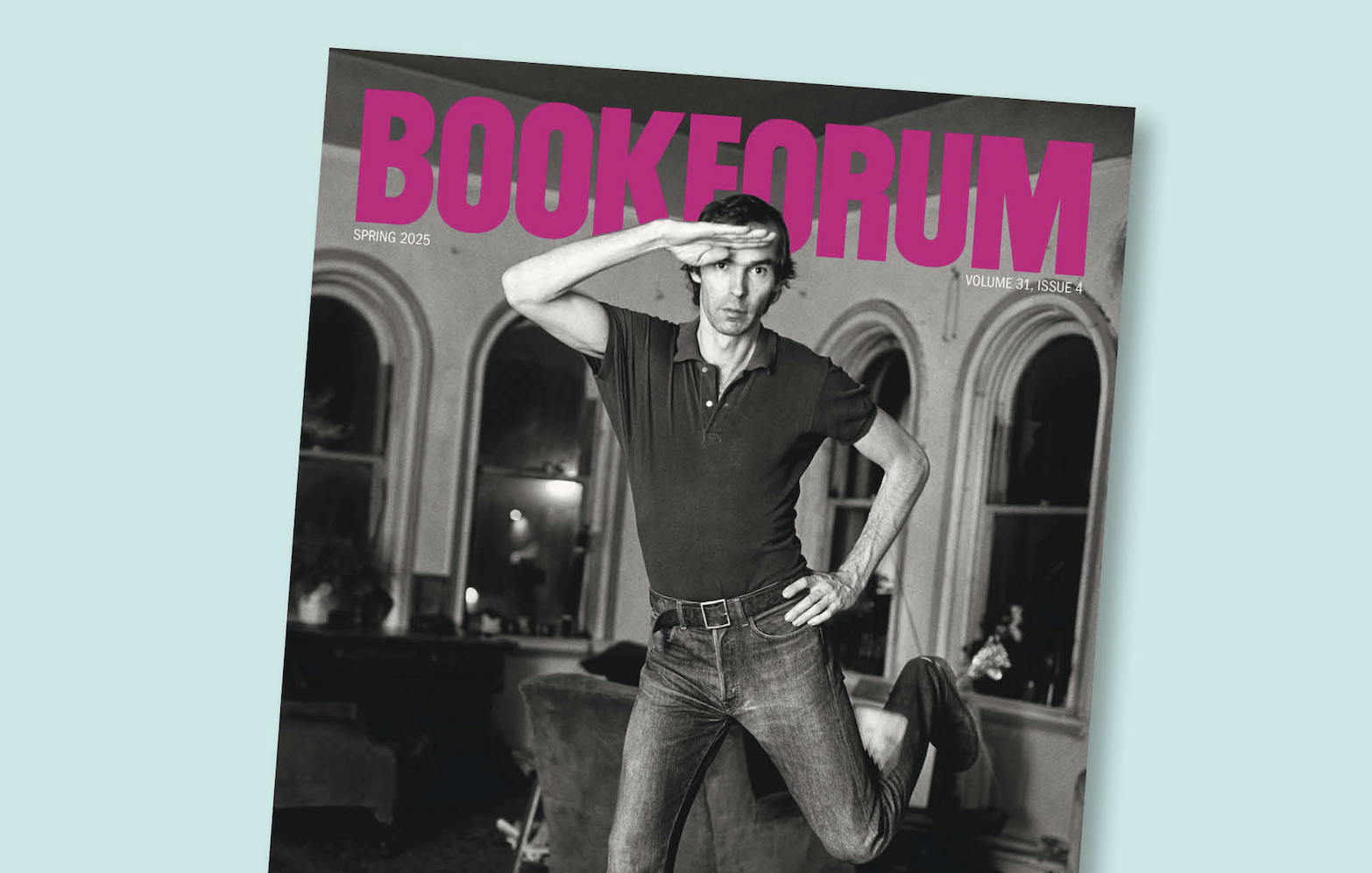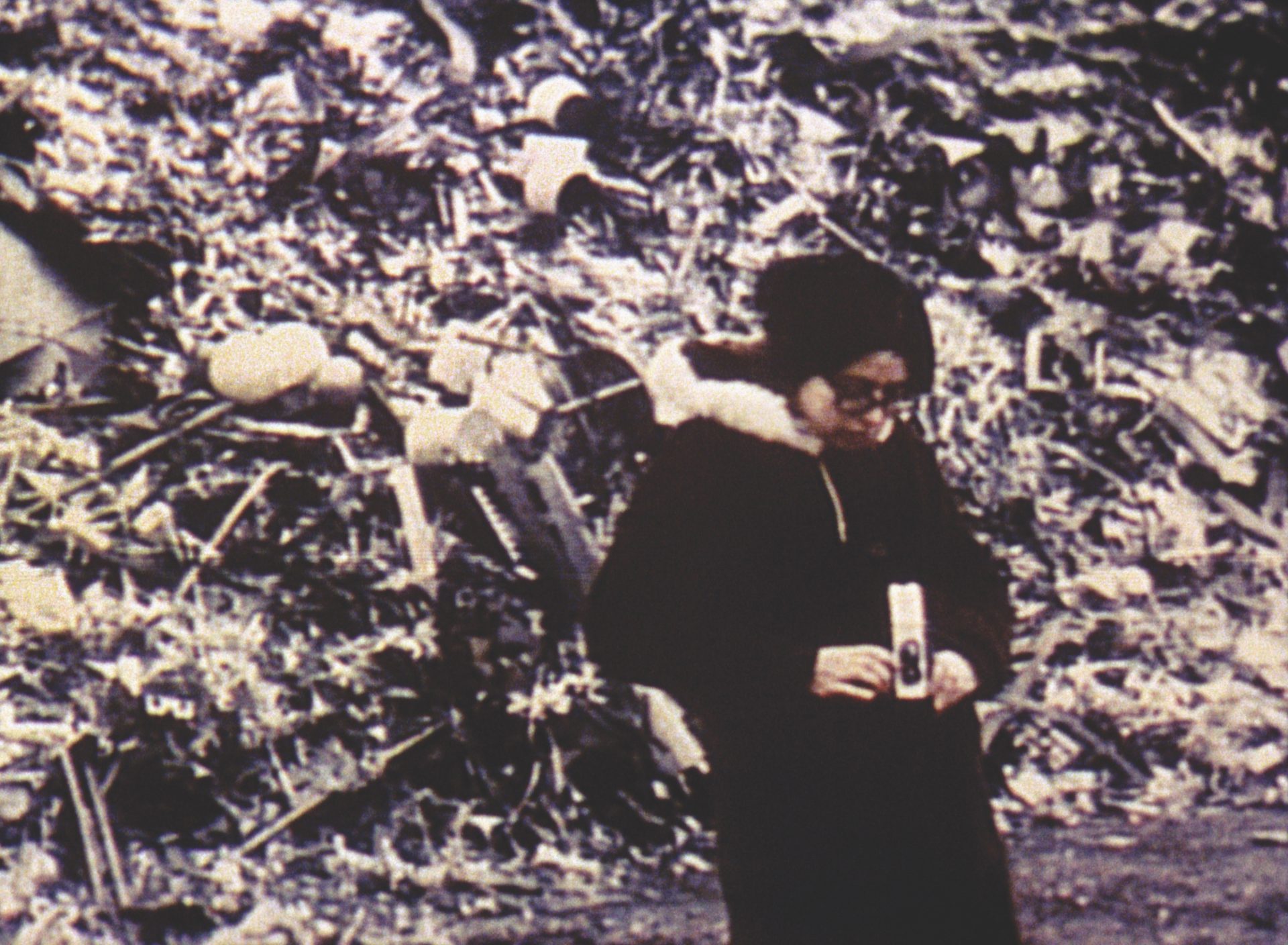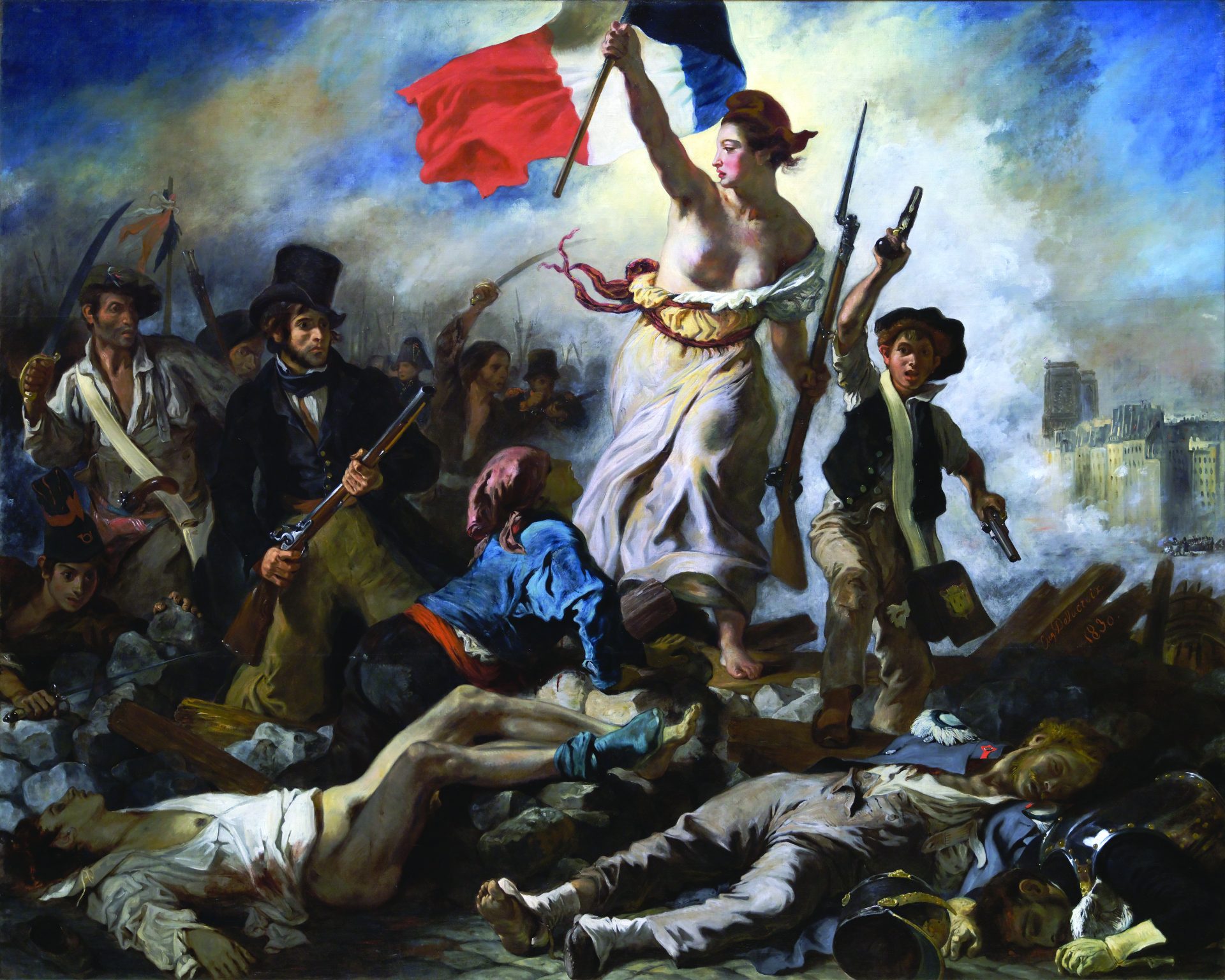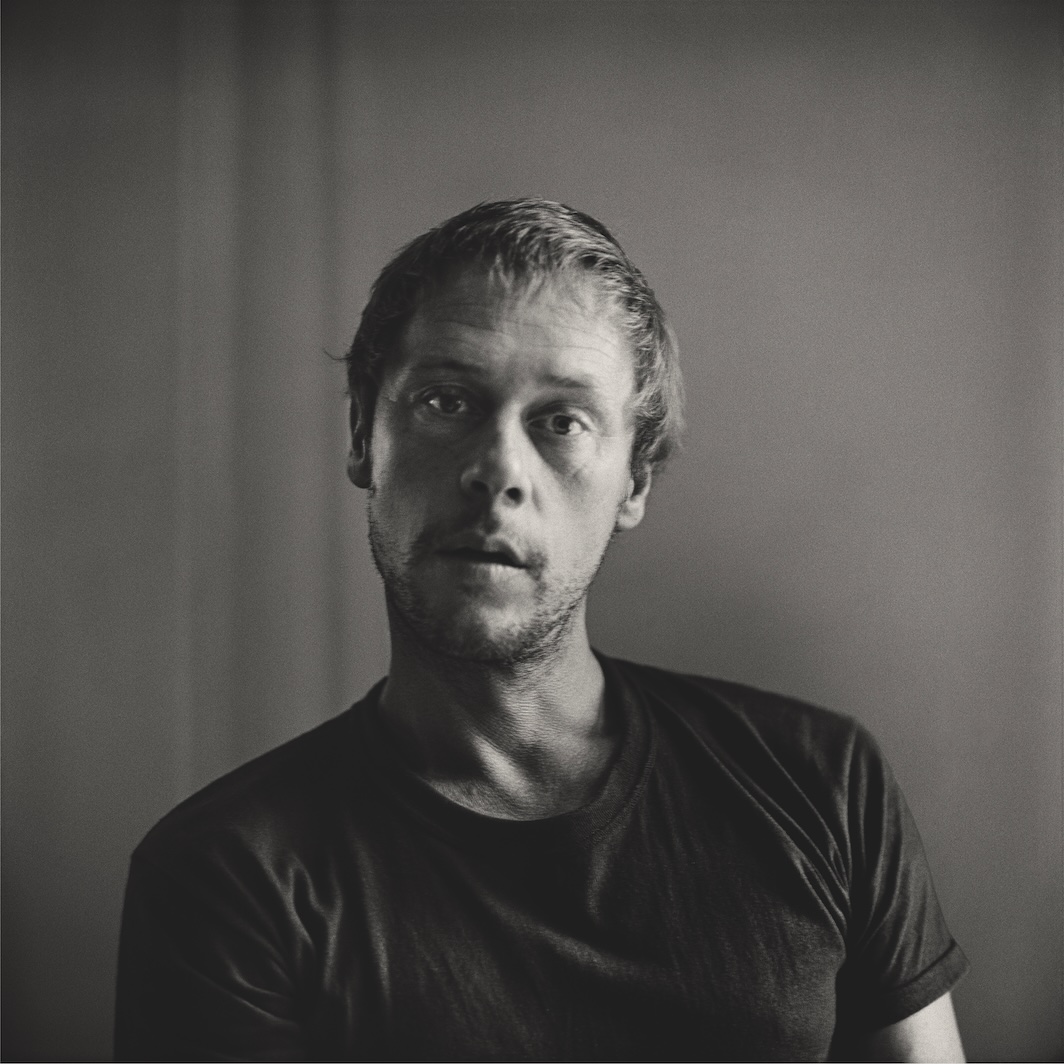

August 2 would have been James Baldwin’s ninety-second birthday. Across the Internet, people celebrated by quoting his work, sometimes with just text, sometimes through memes, so much so that by early Tuesday morning, “James Baldwin” was trending on Twitter. But over the last few years, in our extended cultural moment of racism becoming tangible to more than those it affects, Baldwin—his ideas and forecast for this country—has resurfaced like a message in a bottle, the words he wrote always true, yet now eerily prescient.
His 1963 work, The Fire Next Time, with its forward-glancing title, was the call; The Fire This Time, a collection of essays and poems edited by Jesmyn Ward, is the response. Featuring the work of contemporary, mostly black writers, it finds a way to touch on many subjects—the poet Honorée Fanonne Jeffers on researching Phillis Wheatley; Garnette Cadogan on “walking while black”; Kiese Laymon on Outkast—that don’t always come to mind when one thinks of “race in America,” while pieces by Claudia Rankine, Carol Anderson, and Daniel José Older touch on more immediate issues, some recent enough to name Sandra Bland, and the murders in Charleston, South Carolina.
Jesmyn Ward and I spoke by phone a day after the book’s publication date—which, not by coincidence, was August 2.
In your intro you write, “The ephemera of Twitter, the way voices of the outraged public rose and sank so quickly, flitting from topic to topic, disappointed me.” I was wondering what it was like for you, publishing The Fire This Time on James Baldwin’s birthday, to see how popular his words and his ideas are via social media and on the internet as people are looking for a way to find meaning for what’s going on in the world?
I really feel like there seems like a new generation of readers discovering him and his work. That’s a great thing. I think back to when I was in undergrad, or even when I was in graduate school, which was almost ten years ago—I feel like he wasn’t that popular. There are people rediscovering him on their own now. He has been rediscovered by a larger group of people all at once.
I’ve noticed that also. It’s kind of hip now to know about James Baldwin or to be engaged with his work. Twitter and social media are such ephemeral ways for us to engage with those ideas, and this book is in one way a response to that, more of a lasting kind of conversation. How do you imagine continuing to respond to the transformations going on in our society, not having this book come out every twenty-four to forty-eight hours to mimic the news cycle?
Social media platforms are important because you still need to be able to respond to these things in a timely way, to be part of these needed conversations that are going on. There are kids out there who have access to social media and probably don’t use it in the way that I use it, but there’s still a need there for them to know that there’s someone out there fighting along with them and fighting for them. It’s hard to remain aware of that on social media because of how often the news cycle kicks over—people move on to different conversations and move on to different topics. The writers who’ve contributed to this book, their sentiments are lasting. I think they’ll be just as relevant in a year, two years, three years as they are right now.
Was the book intended as a love letter to some of those young people, young black people, who might feel kind of at a loss?
I think so. The book’s dedication, “To Trayvon Martin and the many other black men, women, and children who have died and been denied justice for these last four hundred years,” it’s basically a dedication to the dead. We haven’t forgotten that their loss is still very real. And I think that younger people may need that, to hear that now. It offers some form of comfort.
Who were you intending to reach with this book? In the intro, you write, “Maybe someone who didn’t perceive us as human will think differently after reading” these essays. Is that something you mean literally? Do you think the people most in need of it are perhaps trying to stay as far away as possible from literature like this?
Part of my intro was published on Lit Hub. Someone who follows Lit Hub who doesn’t recognize black people’s humanity could come across that intro and read it and have their minds changed a little bit. People come across books in different ways and they might read things that they weren’t expecting to read. Maybe they didn’t search it out, but someone hands something to them. There’s a possibility I can reach someone like that with a book like this. It was important to me that this book be able to speak to that audience even if that audience does not want to hear the message, but then also at the same time speak to black Americans, or Americans of color, or queer Americans, people who may feel like their lives are valued less.
Reading as a black person who’s already aware of these issues, I found myself thinking that black people can take certain conversations for granted. Maybe we assume that we already know what microaggressions are, we already know what it’s like to experience racism. But reading about it in such detail, as in Garnette Cadogan’s essay on walking, “Black and Blue,” was so visceral to me, even though I already know about stop-and-frisk. It felt like I was learning about it for the first time because I could see how deeply and intricately it affected him.
Nonfiction can be just as powerful as fiction, in that it can make somebody else’s experience very real, visceral, and immediate for the reader. The process of immersing yourself in someone else’s experience can be transformative. Like you say, it can make you realize things that you hadn’t thought about or understand concepts that you didn’t have such an intimate understanding of. It can feel like somebody else’s experience is your lived experience. That was definitely one of my hopes in soliciting the writers I did.
And how did you go about choosing these writers and working with them on the subjects that they would write about?
(Laughs) I feel kind of guilty about this because I didn’t really offer them much direction. I told them that I wanted to complete this collection of essays about race in America, and then just asked them to write about whatever struck their fancy. Whatever they were wrestling with, obsessing over, that had to do with race in America today. I chose writers who I admire for their boldness, for their fearlessness, their courage, for how insightful their work can be. I feel lucky that we received the caliber of work that we did.
And there are a lot of poets, writing poetry as well as prose. What was the decision behind including poems in the book?
I love poetry. In some ways, I think of myself as a failed poet because I didn’t pursue poetry. The subject matter is really raw around race in America, and around police brutality, and the worth of black lives. I kept encountering this great poetry, partly through Twitter. People would post links to these fantastic poems and I thought, Wouldn’t it be cool if we included poetry in this anthology? I mean, why not? The poems are doing some of the same work as the essays. My editor also loves poetry so it wasn’t hard to convince her. I was happy about that.
The other theme I got from the book was one of hope. Do you feel like something’s changing right now in our society? Or do you think it’s temporary, people’s anger over the most recent cases of injustice?
I do think there’s a shift happening—it seems like people are mobilizing more. I graduated from high school in the mid-1990s, and then I was in undergrad in the late-’90s, and then went back to school in the early 2000s. The people I knew who were having these types of conversations, about race and power and about the devaluation of different kinds of people, were marginalized when I was younger. It doesn’t seem like that’s the case now. There’s a wider audience for those voices and they’ve shifted to the center of the conversation, whereas before they were on the fringes of the conversation. There’s cause for hope in that. At times I feel naive for feeling some hope because I know plenty of people who don’t have it. But it’s necessary to me. I feel that way in my personal life and I feel that really strongly in the writing that I do too.
In your piece in the book, you write about learning your genetic makeup, your ancestral breakdown if you will. Did you feel any kind of nervousness about sharing that your ancestry was mostly not African?
It was a bit jarring for me when I got those results back. This part of my identity that was really important suddenly seemed challenged in a way, I guess, with those results, when I looked at the percentages. But then I looked at my life and the lives of the people around me, and thought about their experience, and I realized that the results I got back didn’t change anything. We have lived for generations as black people in the South and when people look at me they see a black person. That will be the same for my children and acknowledging that and claiming that is empowering.
I think about what other routes I could have taken or what other choices I could have made when I got those results back. Well now I’m going to explicitly state that I’m multiracial and everything, right? But that hasn’t been my experience, that hasn’t been part of the life that I’ve lived. When I move through my community, when I walk down the street in New Orleans, when I’m doing whatever I’m doing back home in Mississippi, that’s just not how I’m perceived. The life that I’ve lived, and the lives of my family members over generations, we are black Americans. I’m going to continue to live that.
Kyla Marshell is a writer based in New York.





